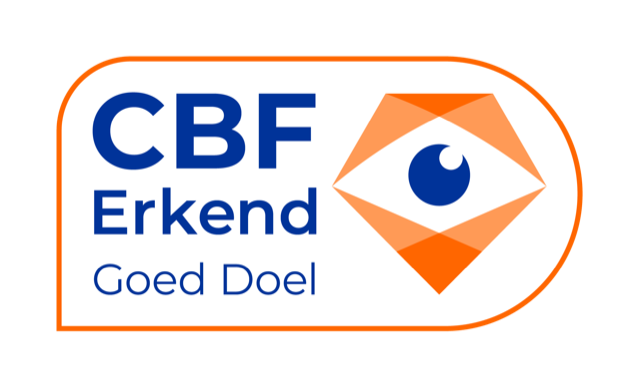While research on bullying has traditionally been dominated by quantitative studies, the past two [New Content Item] decades have seen a significant increase in the number of studies based on qualitative data. These studies have utilized a range of data collection methods, including participant observations, focus groups, individual interviews, vignettes, digital ethnography, memory work, as well as texts, photos and other visual works produced by children and young people. This body of qualitative research has also included a variety of data analysis methods, such as grounded theory, thematic analysis, conversation analysis, narrative analysis, discourse analysis, as well as theoretically informed analyses from an array of research traditions. In this special issue of the International Journal of Bullying Prevention, we therefore invite qualitative school bullying and cyberbullying researchers to discuss and explore methodological issues related to their research. In doing so, we seek to bring together contributions representing a broad range of qualitative methods and analytical approaches and particularly welcome papers reflecting on the possibilities and challenges involved.
Below is a non-exhaustive list of the kinds of papers we are seeking:
- Papers explicitly discussing how their qualitative approaches and findings supplement or challenge findings, explanations and concepts based on quantitative data
- Qualitative studies on bullying prevention programs and interventions that discuss the implications of the qualitative approach used
- Discussions of methodological issues related to all steps of the research process (e.g. design, ethics, sampling, access, data collection, interpretation and analysis)
- Reflections on the lessons learned from mixed methods approaches, with particular focus on the qualitative aspects involved
- Reviews of qualitative methods in school bullying and cyberbullying research
- Discussions of explorative qualitative methods in school bullying and cyberbullying research
- Epistemological reflections and discussions
This special issue of the International Journal of Bullying Prevention will be guest edited by two school bullying researchers, Selma Therese Lyng (Centre for Welfare and Labor Research, Oslo Metropolitan University, Norway) and Paul Horton (Department of Behavioral Sciences and Learning, Linköping University, Sweden), who both have extensive experience of conducting qualitative research into school bullying.
Notes for contributors:
Authors are kindly invited to submit an abstract of approx. 200 words to both guest editors, Selma Therese Lyng (lyse@oslomet.no) and Paul Horton (paul.horton@liu.se) by 15th September 2020. If accepted, authors will be asked to submit a full paper of 6,000-9,000 words for peer review by 1st April 2021. Publication of the Special Issue is planned for March 2022. All papers will be subject to double-blind peer review.
Further details on the journal and submission guidelines for authors may be found at https://www.springer.com/journal/42380
Call_Special issue_QR_IJBP.pdf
Tip van de redactie
Heb je haast? Navigeer dan snel naar:
► Scholen & Professionals Kenniscentrum Pesten in het Onderwijs
- Of navigeer direct naar de informatie per functionaris: Schooldirectie & MT / Anti-pest coördinator / Leerkracht / Mentor / Ouderraad & MR
- Leerlingen & opvoeders: Kinderen & Jongeren (Leerlingen) / Ouders & Opvoeders
► Sportverenigingen Kenniscentrum Pesten in de Sport
- Of navigeer direct naar de informatie per functionaris: Bestuurders / Coaches, Trainers & Begeleiders / (Top)Sporters & Scheidsrechters
- Jonge leden & ouders Kinderen & Jongeren (Leerlingen) / Ouders & Opvoeders
► Werkgevers Kenniscentrum Pesten op het Werk
- Of navigeer direct naar de informatie per functionaris: Directie en bestuurders / HRM / MT en Leidinggevenden / Medewerkers / Ondernemersraden / Vertrouwenspersonen
► Ouderen Kenniscentrum Pesten in Woonzorgcentra

Breng snel een bezoekje aan ...
► Kenniscentrum (Klassiek) Pesten
► Kenniscentrum Online pesten (cyberpesten)
► Kennisbank & Downloadcentrum o.a. Beleid & Factsheets / Handleidingen / Lesmaterialen / Posters / Wetenschappelijke Onderzoeken
► Ik word gepest, wat kan ik doen
Stichting Stop Pesten Nu is het enige Erkende Goede Doel tegen Pesten in Nederland!







